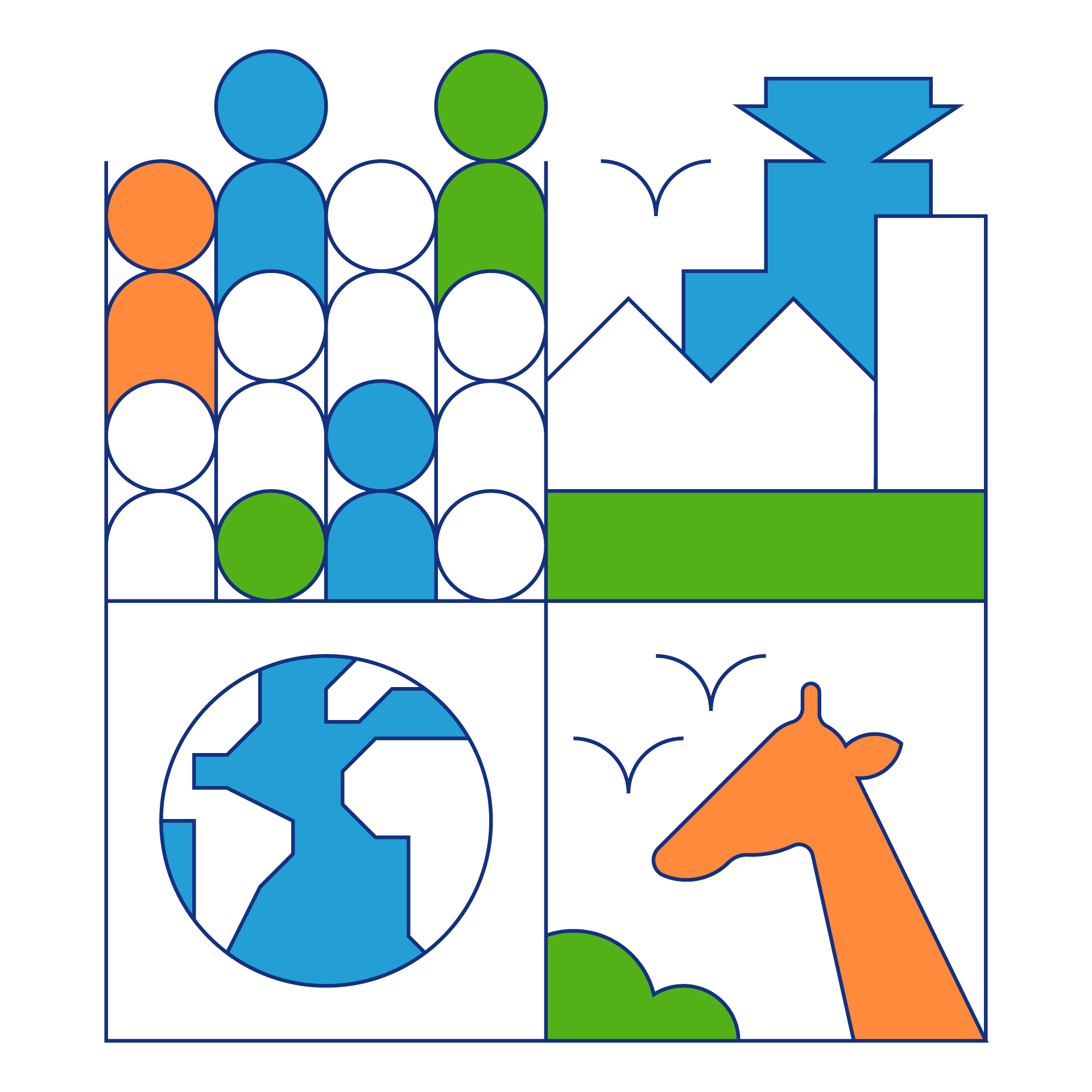Global Colorectal Cancer Congress
Join us for connection, insight, and impact.

Join GCCA in Nairobi, Kenya, for the 2026 Global CRC Congress, November 5–6, for two days dedicated to collaboration, learning, and action to drive meaningful change in colorectal cancer outcomes worldwide.
The Congress welcomes patient advocates and advocacy organizations, healthcare policymakers, healthcare professionals, and industry stakeholders who are committed to advancing equity, access, and impact in colorectal cancer care and prevention.
Together, we’ll learn, connect, and strengthen the global CRC advocacy community, because progress happens faster when we move forward together.
Interested in sponsoring the 2026 Global CRC Congress? Please email nicole@globalcca.org.
Would you like to be a speaker at the Congress? Please fill out our speaker interest form.
FAQs
November 5-6, 2026
Villa Rosa Kempinski Hotel, Nairobi, Kenya
The Congress will be a hybrid event, in-person and virtual for the first day. The second day will be in-person only.
The time zone is East Africa Time. You can check your local time at www.worldtimebuddy.com
Yes.
There is no fee to attend the Congress, in-person or virtually.
You will need a stable internet connection, and a computer, tablet, or smartphone.
English
Please email nicole@globalcca.org.
Please email jenn@globalcca.org.
